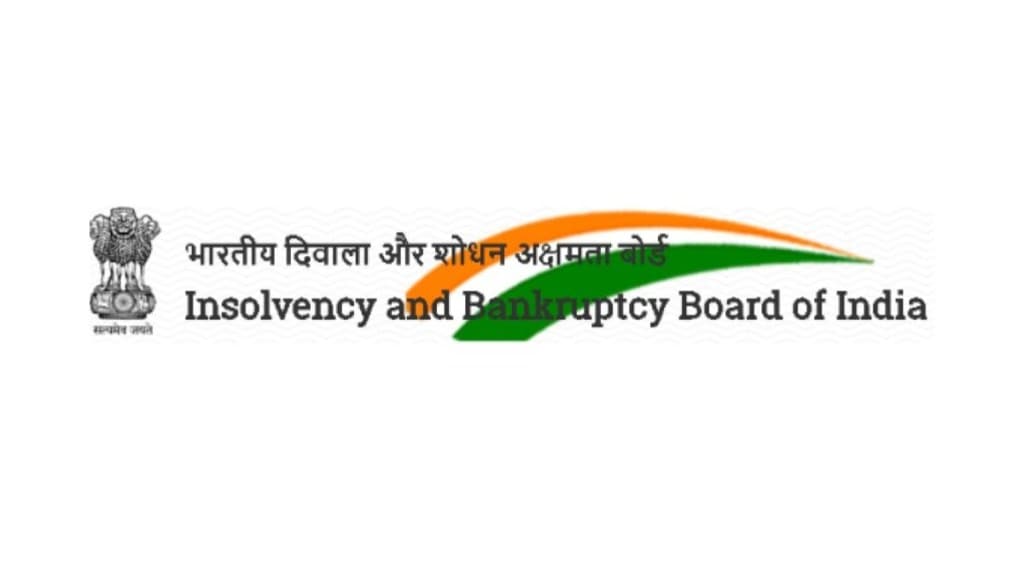The delay in the corporate insolvency resolution process (CIRP) under the insolvency and bankruptcy code (IBC) erodes the stressed-asset’s value and minimises recovery for the creditors; hence, it’s important for all the stakeholders to expedite decision making, said Ravi Mittal, chairperson, Insolvency and Bankruptcy Board of India (IBBI).
Mittal’s comments were part of the IBBI’s January-March 2024 newsletter. The IBBI Chairman said that, on an average, the CIRP is taking 679 days to conclude as against the standard timeline of 330 days.
Data of 947 resolved cases as of March 2024 indicates a direct correlation between the length of the CIRP and the recovery rate, he said. As per the data, the recovery rate for creditors stands at 49.2% if the CIRP is concluded within 330 days. It reduces to 36%, if the CIRP process concludes between 330-599 days; and beyond 600 days, the recovery rate stands at mere 26.1%.
Mittal highlighted that the insolvency regulator has taken various measures to reduce delays in the CIRP such as putting a cap on number of modifications in the resolution plan, sharing of information by creditors with the resolution professional (RP) etc. “Needless to say, continued efforts to streamline the resolution process, enhance transparency, and provide greater clarity on regulatory requirements are underway to further bolster the effectiveness of IBC.”

